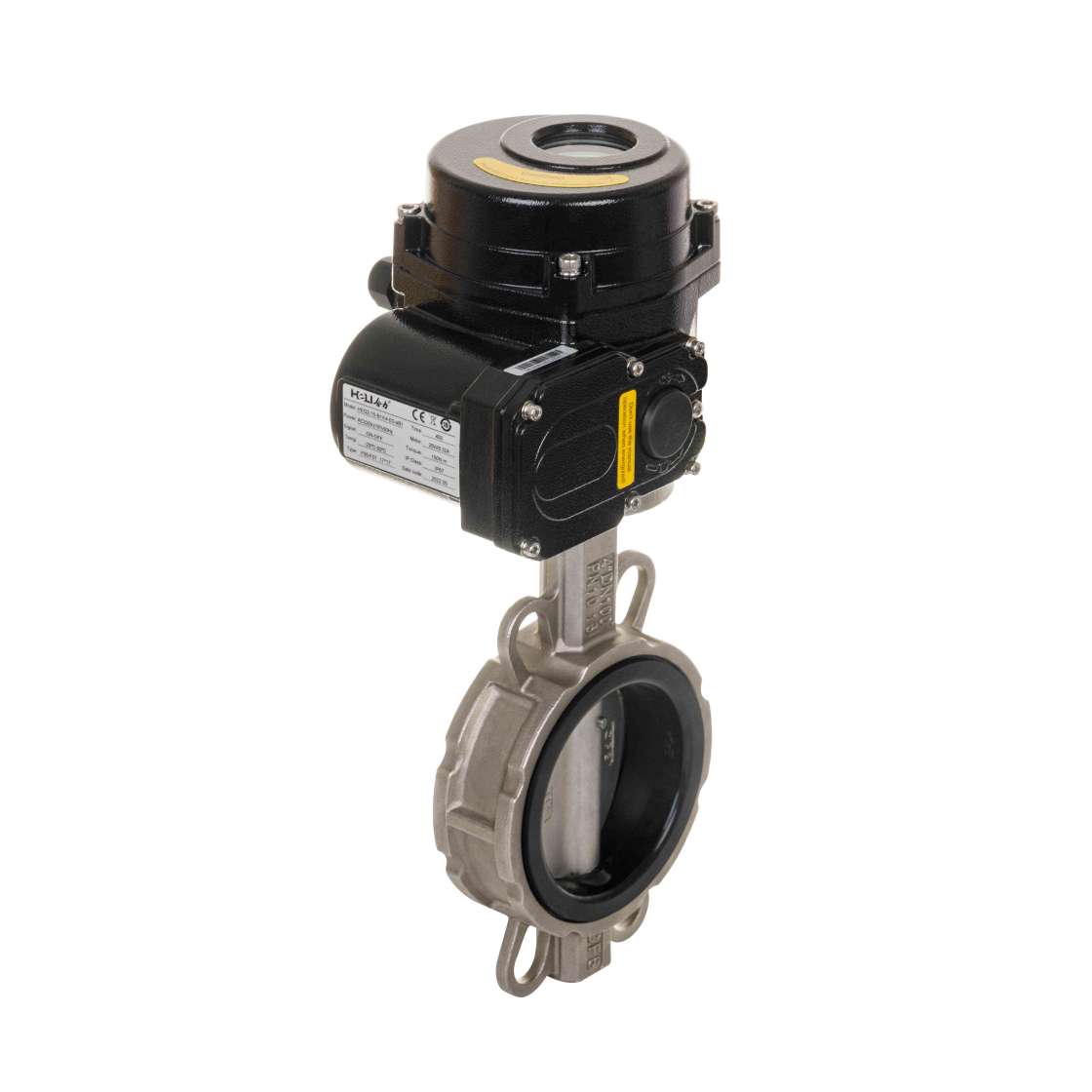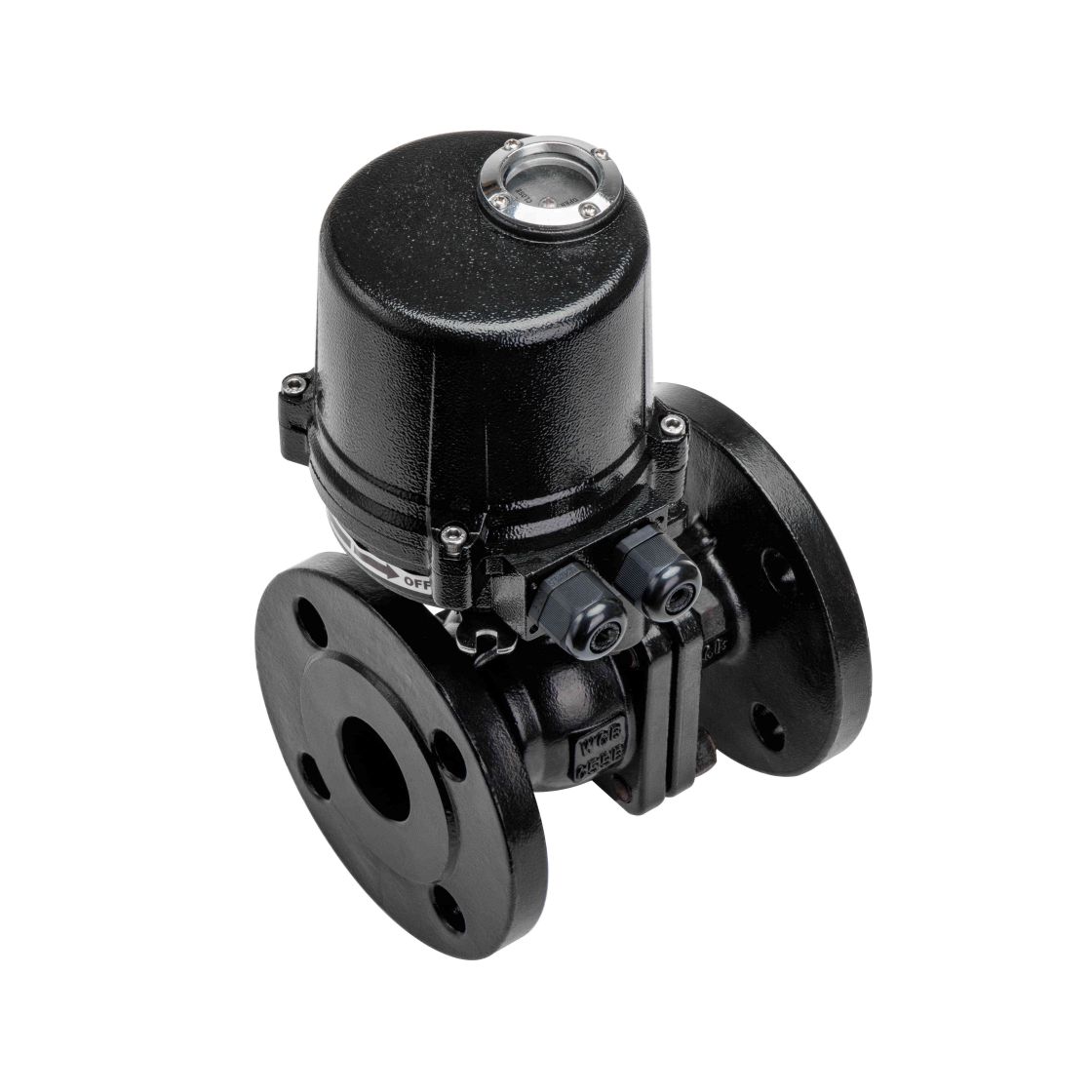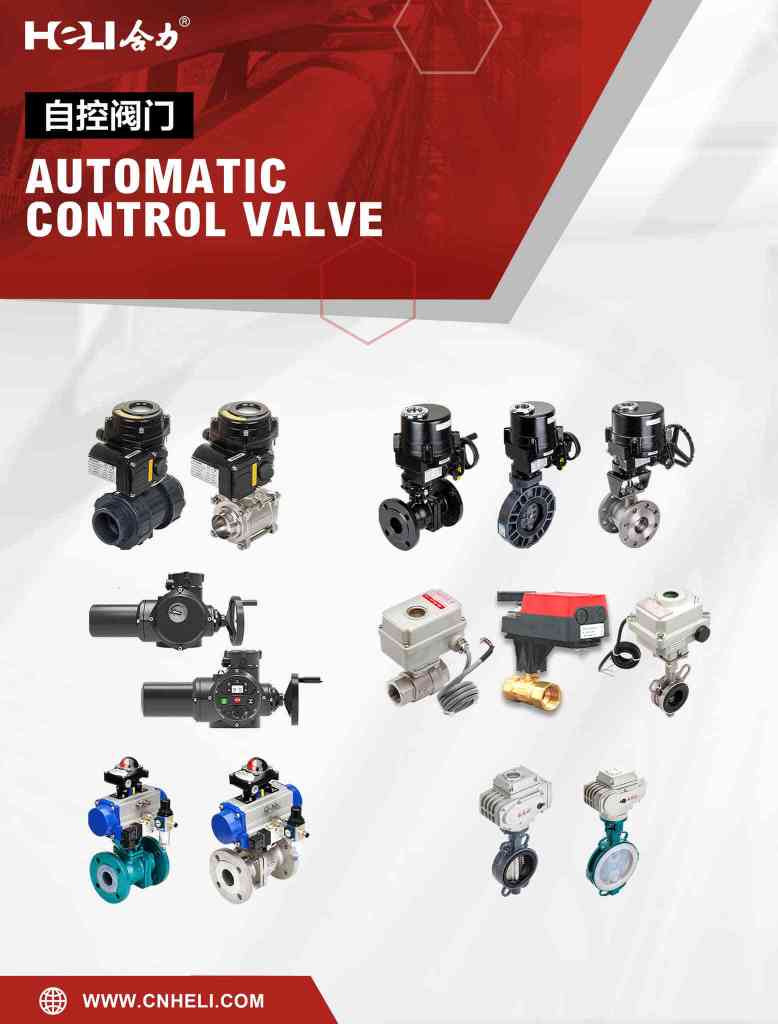understanding electric valves: function, benefits, and applications
Release time:2025-03-18 20:26:14
Electric valves, often referred to as electric-actuated valves, play a pivotal role in a wide variety of industries where fluid and gas control is crucial. These valves are operated by electric motors that open or close the valve, allowing for precise control of the flow of liquids, gases, or slurries. Whether in the chemical, water treatment, food and beverage, or HVAC industries, electric valves provide an essential function, ensuring efficiency, safety, and ease of operation. This article delves into the working principles, types, benefits, and applications of electric valves.

What is an Electric Valve?

An electric valve is a type of valve that uses an electric actuator to control the opening and closing mechanism of the valve. The actuator is typically powered by electricity, and its purpose is to move the valve to its desired position based on the system's requirements. Electric valves can regulate the flow of fluids by responding to signals sent from a control system. The control system can either be manual or automated, allowing for accurate and efficient control over fluid flow.
Working Principle of Electric Valves




